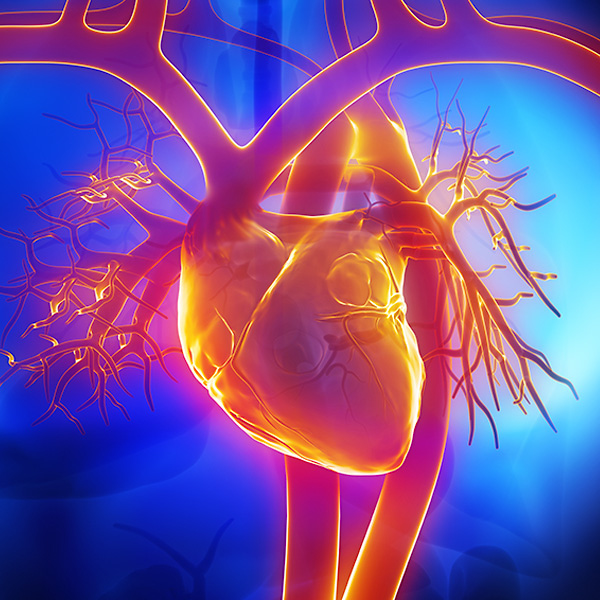Cardioversion
Advanced, Non-surgical Technique to Regulate Heart Rhythms
Cardioversion is one of the many ways the highly skilled doctors at Loyola Medicine treat patients who experience irregular heart rhythms. If you experience irregular heartbeat, your heart may beat too fast (tachycardia), too slow (bradycardia) or with an irregular rhythm. Cardioversion serves as a heart trigger for your heart to resume normal activity.
Cardioversion is used to treat a fast heartbeat (tachycardia), such as atrial fibrillation or atrial flutter. Doctors at Loyola use cardioversion to convert fast or irregular heartbeats back to a normal rhythm using one of two primary methods:
- Chemical cardioversion — A method by which arrhythmia medication is given to convert an abnormal heart rhythm back to normal. Often, these are the same medications used after electrical cardioversion to maintain normal rhythm.
- Synchronized electrical cardioversion — A non-invasive outpatient procedure in which external paddles are used to deliver electrical impulses to the heart. This is different from defibrillation done in emergent situations, in which a more powerful shock is used to resuscitate a patient.
Why Choose Loyola for Cardioversion?
Loyola serves as a major regional and national referral center for the treatment of complex rhythm disorders, offering treatment options often unavailable elsewhere. Our skilled team of leading electrophysiologists, advanced practice nurses, technical staff, imaging experts and other professionals provides an integrated approach to the diagnosis and treatment of a variety of rhythm disturbances and their associated underlying conditions.
What to Expect with Cardioversion
If your doctor recommends electrical cardioversion, you will be given a mild sedative and then your heart is given low-energy shock therapy to convert heart rhythms back to normal. This type of cardioversion is done in a hospital as an outpatient procedure.
If you are prescribed chemical cardioversion, medication will be administered in a hospital, at your doctor’s office or at home. Medicines are often given in conjunction with electrical cardioversion.
What are the Risks of Cardioversion?
Electrical and chemical cardioversion provide safe heart treatment for irregular heartbeats. While some complications may arise with electrical cardioversion, they are very rare and your doctor will take steps to mitigate any of the following:
- Blood clots
- Low blood pressure
- Skin burns
- Subsequent abnormal heart rhythm

